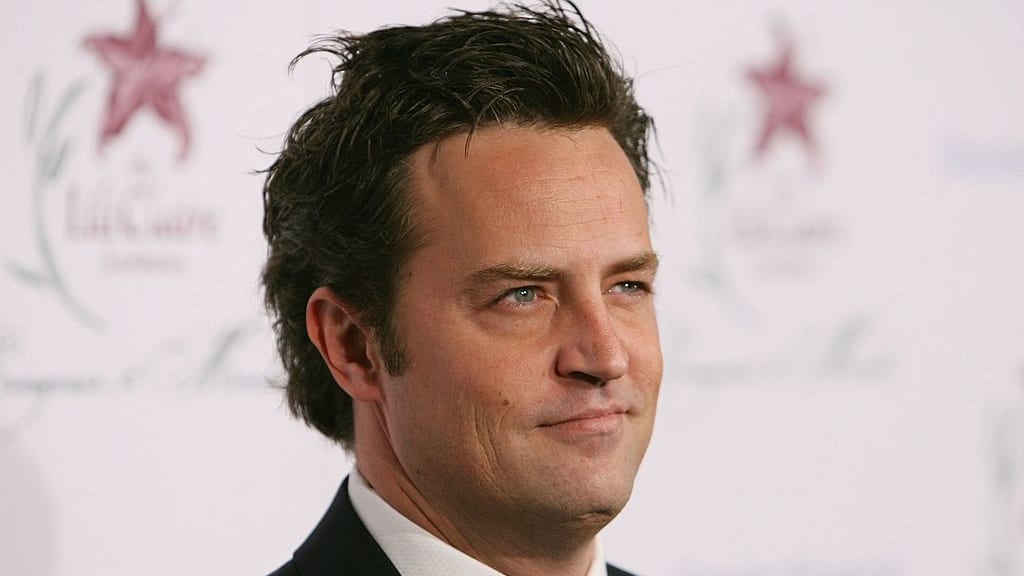Dan Ladden-Hall – News Correspondent for the Daily Beast

Actor Matthew Perry has revealed that he almost died when his colon burst as a result of opioid abuse, with doctors telling his loved ones that it was extremely unlikely that he would survive.
The “Friends” star, 53, made the startling admission in an interview with People publishedWednesday about his forthcoming memoir, Friends, Lovers, and the Big Terrible Thing. At the time of the 2018 hospitalization, Perry publicly acknowledged that he’d suffered a gastrointestinal perforation. In reality, he’d been fighting for his life in a coma for two weeks and would ultimately spend five months in a hospital. He said he also had to use a colostomy bag for nine months after the terrifying episode.
When the then-49-year-old actor was first admitted to the hospital, “the doctors told my family that I had a 2 percent chance to live,” Perry said. “I was put on a thing called an ECMO machine, which does all the breathing for your heart and your lungs. And that’s called a Hail Mary. No one survives that.” He added that there were five people in total put on the same type of life support machine on that night, and he was the only one to survive.
Perry has been open about his struggles with addictions to alcohol and painkillers for years. He says his dependency on alcohol was starting to emerge when he was cast on “Friends” at age 24, and his substance abuse became extreme at times during the making of the show.
At one stage during his time on the sitcom, Perry said, he was taking 55 Vicodin a day and his weight plummeted to 128 pounds. “I didn’t know how to stop,” he told People. “If the police came over to my house and said, ‘If you drink tonight, we’re going to take you to jail,’ I’d start packing.”
At other times, he says he was able to stay sober—including throughout the entirety of Season 9 of the sitcom. He praised his castmates’ patience and understanding throughout his battle. “It’s like penguins,” Perry told the magazine. “Penguins, in nature, when one is sick, or when one is very injured, the other penguins surround it and prop it up. They walk around it until that penguin can walk on its own. That’s kind of what the cast did for me.”
Perry added that he has been to rehab 15 times over the years but that he is now “pretty healthy.” He said that his therapist’s advice to “think about having a colostomy bag” for the rest of his life has helped him resist cravings for the opioid Oxycontin.
“I say in the book that if I did die, it would shock people, but it wouldn’t surprise anybody,” Perry says. “And that’s a very scary thing to be living with. So my hope is that people will relate to it, and know that this disease attacks everybody. It doesn’t matter if you’re successful or not successful, the disease doesn’t care.”

1 Comment
gate io app
March 22, 2023 at 11:02 pm -The point of view of your article has taught me a lot, and I already know how to improve the paper on gate.oi, thank you.